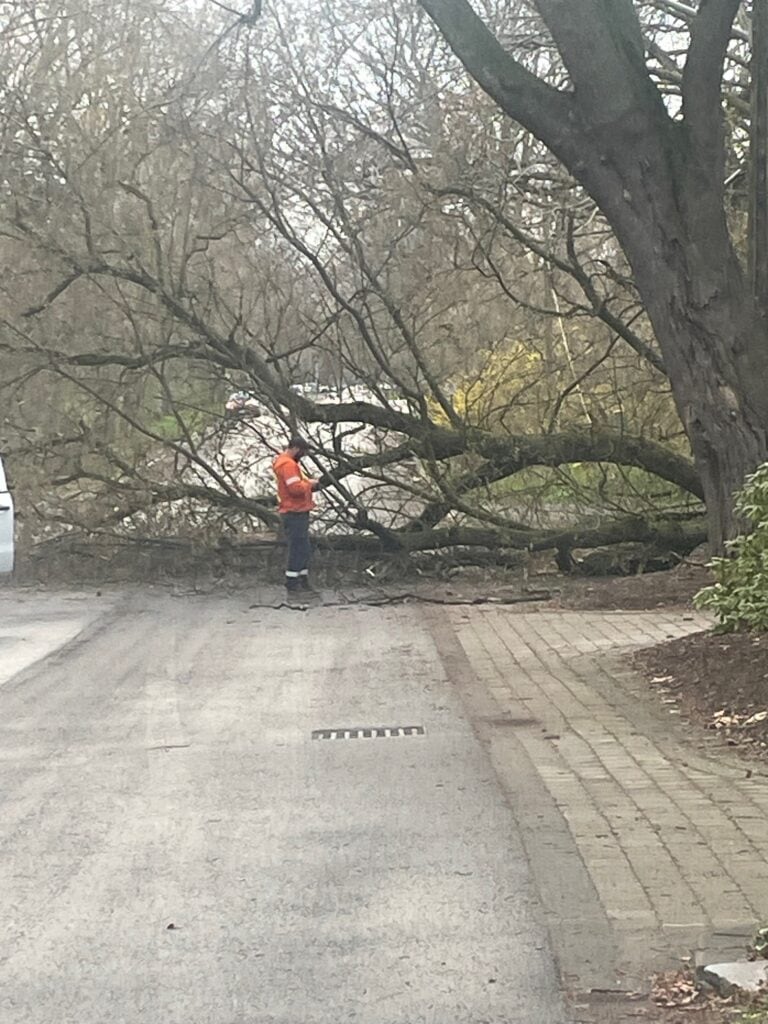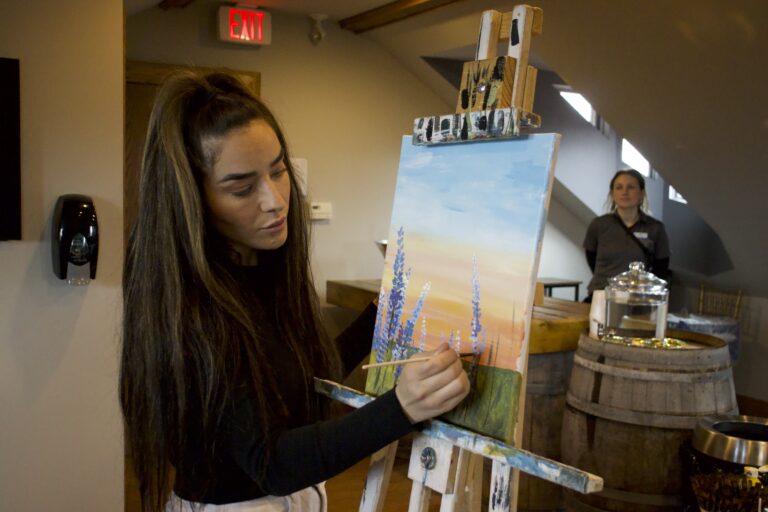Dear editor:
We are all aware of short-term rentals. If you’ve stayed in a hotel, enjoyed a bed & breakfast or rented a cottage or house for a vacation, you have rented a residence for a short period of time.
These forms of short-term rentals have been around forever and form the backbone of the tourist and travel industry. Every jurisdiction has strict regulations concerning every aspect of most short-term rentals, which include fire code and building code compliance, parking requirements and the added regulations of each establishment’s landlord/operator.
If you stay in a hotel, you are usually in the commercial district with the most stringent provincial and regional regulations for fire safety and occupancy. The hotel operator will have strict limitations on number of occupants, noise and type of use of the premises. Hotels are also employers and a positive force in the economic success of any community.
If you stay in a bed & breakfast, the owner/operator is required to live on the premises, comply with local authorities that have jurisdiction, including strict building and fire code regulations and public health. If local bylaw infractions occur, the owner is held accountable. The owner of a bed & breakfast is very often an involved member of the community and a good neighbour. Bed & breakfast establishments make good neighbours.
If you rent a house/residence for a short time, participate in a house exchange, or stay at a cottage for the summer or for winter skiing, it is an opportunity to enjoy a vacation that is often embedded in an established community. Parking restrictions, noise levels, building and fire code requirements are all based on regular residential use, with the supposition that the occupants will have some self-imposed restrictions, and perhaps some interest in a community and civil society for mutual benefit.
Short-term visitors are not always easy neighbours and often do not feel invested in the community. Local amenities that are precious to the residents form part of the attraction and with it an entitled use, but without the consequences of facing your neighbours. Every tourist town from Pompeii to Venice to Niagara Falls has had to deal with short-term rentals that have threatened to undermine the community that is the heart of the town.
The original Airbnb was a great concept … blow up an air bed in your living room and offer breakfast to a visitor who doesn’t want to pay huge dollars for a hotel room. It was a very intimate experience that was all about an alternative economy and a grass roots travel experience.
Then it became a multi-billion-dollar industry that has quickly trespassed the intimate travel experience threshold. There are no more air beds, no breakfast and certainly no home owner. There is no specific address advertised, only a key or a code and some instructions, and a credit card transaction. It is that impersonal. And your Visa transaction includes unlimited use, with rare consequence.
It is possible to make an enormous amount of money from one house in Niagara-on-the-Lake, advertised on Airbnb. Enough to drive the sale price of a house up by the hundreds of thousands. This is an irresistible temptation to any healthy entrepreneur – but at enormous expense to a community.
Unless specific regulations and limitations for short-term rentals are implemented, our communities will be determined by forces that do not have the health of our communities in mind.
Victor Tarnoy
NOTL









